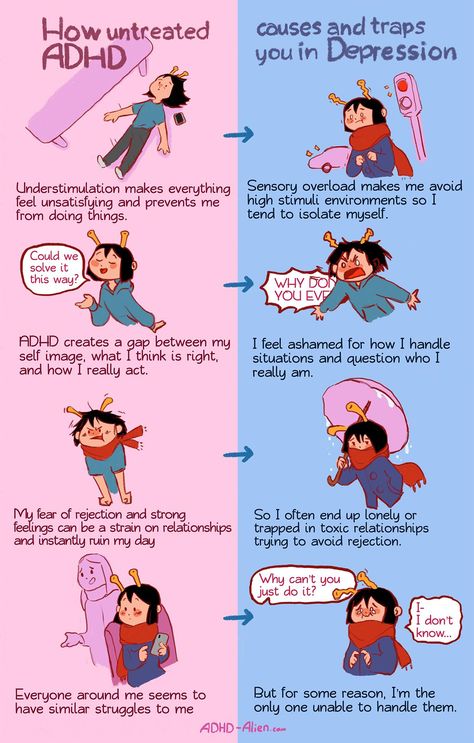Self proclaimed introvert
9 Lessons in Leadership From a Self-Proclaimed Introvert
I am an introvert by nature. I tend to be shy and won’t speak up unless I’m absolutely certain I have an airtight solve. But, I am also an Engineering Manager at HOVER, and during my time as a team lead and a manager, I have found that concepts I was always uncomfortable with (things like vulnerability and experimentation) are actually the building blocks of a happy team.
Whether you’re an introvert or a manager looking for some insights, here are just a few things I’ve learned along the way.
Lesson 1: Know thyself so you can grow thyselfAfter tackling my first big project as a lead, I sat down and asked myself some important questions: How did you give and receive feedback? What was your default management style? How did you act under stress?
I looked at my introverted traits like being a bit shy and observant in a new light. These traits can be helpful in creating an environment that allows my team to speak up, but they can be a challenge when I need to interject in team meetings. Asking myself these questions helped me to realize where my introverted ways could be helpful, and where they needed to be challenged.
Something that attracted me to HOVER was the sheer amount of talented people in the room. Leverage the experts at your office and allow your team to level up together. If you have more senior folks on your team, use them! Ask for their opinions in planning and scoping work, and ask them to work with junior members of the team to explore new work. You’ll grow from what you learn and they’ll grow by teaching and guiding.
Lesson 3: Listen more than you speakThis is where the skills of an introverted leader shine. Yes, your feedback drives improvement. But you can’t give feedback without listening to what others have to say, and you’ll never hear what they have to say if you don’t stop talking. Approach conversations knowing that all participants have something to learn, including yourself.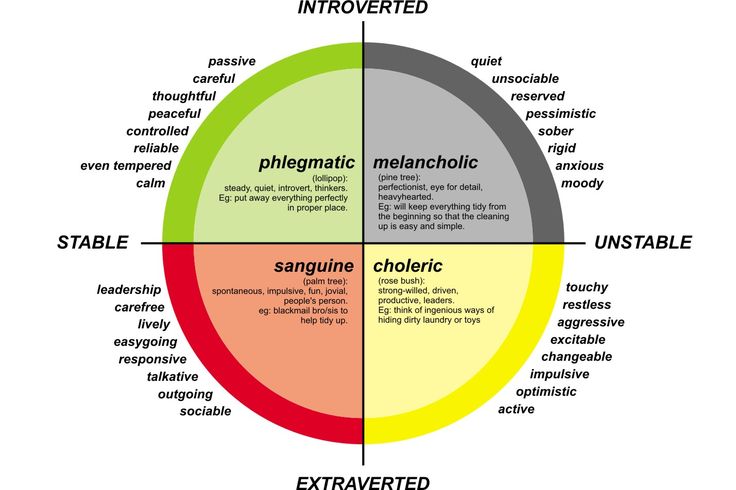 By embracing silence, you give the members of your team the floor to grow, share, and get better at their jobs.
By embracing silence, you give the members of your team the floor to grow, share, and get better at their jobs.
Organization is critical when managing people and moving parts. Something I do every day, without fail, is writing down daily goals. If you’re feeling ambitious, write down your weekly goals, then monthly. No to-do is too small for my list. A large portion of my responsibilities as a manager involve being on-top of the status of projects and the people on the team, so my to-do list keeps me organized and effective.
Lesson 5: Embrace change and keep learningHere’s another obvious tip, but one that is important nonetheless: accept that change and mistakes will happen, and they can be for the best. Learning from mistakes, whether they’re made by me or my team, makes them worthwhile. I will freely admit that I don’t love change; it’s scary and it can be uncomfortable, but it drives growth personally, at a team level, and at an organizational level.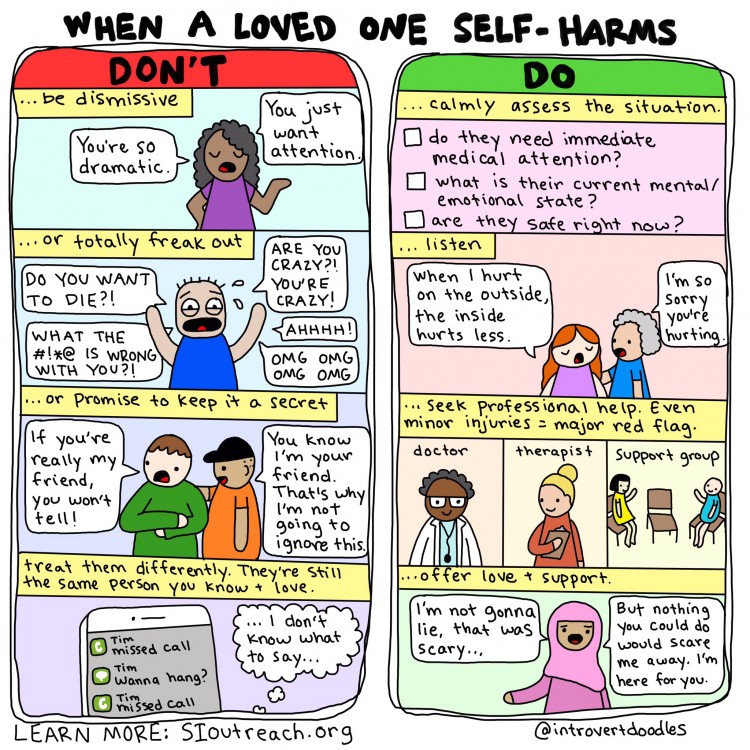 Accept it, embrace it, and make it work for you.
Accept it, embrace it, and make it work for you.
A few months into my time as lead at my last job, I realized that I had heard a lot of people on my team tell me about cool projects they were interested in. I came up with an experiment in which the team spent each Friday working on a topic of interest for a few weeks. This experiment ended up being a huge hit (at HOVER too!), since it provided a natural opportunity to work on something engineers are passionate about.
At the end of the day, being a “good manager” requires taking a few calculated risks to make sure your team is happy and driving forward. Experiments aren’t always successful, but they are always an opportunity to learn and to grow.
Lesson 7: Become an advocate for yourself, your people, and the teamAs someone who can often be shy and quiet, this lesson was particularly challenging for me to learn. I’ve found it very important to advocate for myself, for the team, and for others.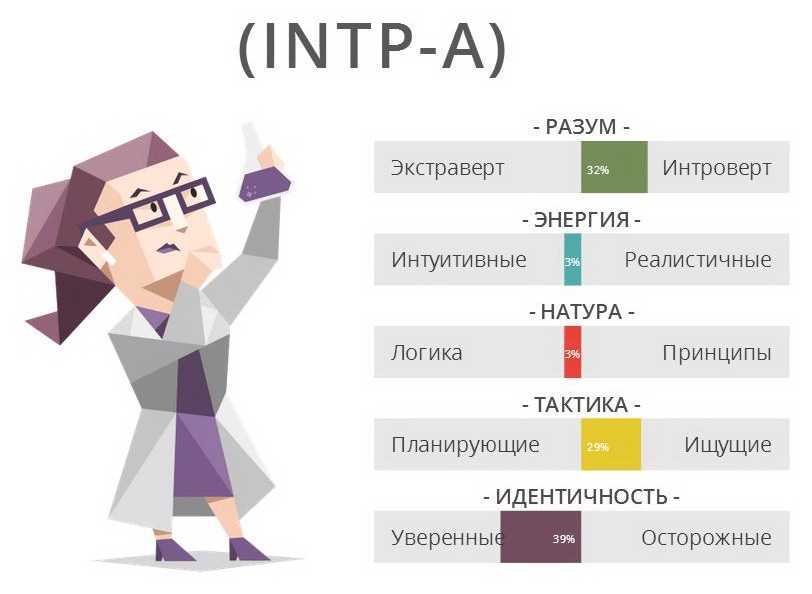 For myself, I’ve advocated for development training. For the team, I’ve advocated to attract and retain talent, to ask for more resources when we need them. I’ve also worked to celebrate team successes by sending out emails to the entire organization when we release a new feature or by giving someone on the team a shoutout during a meeting. Recognition makes a difference.
For myself, I’ve advocated for development training. For the team, I’ve advocated to attract and retain talent, to ask for more resources when we need them. I’ve also worked to celebrate team successes by sending out emails to the entire organization when we release a new feature or by giving someone on the team a shoutout during a meeting. Recognition makes a difference.
Inherently, I don’t want to “rock the boat”, but there’s value in mixing it up from time to time. There’s absolutely no need to be a confrontational jerk, but asking why and how we could do something better is good for everyone. Why are we using this technology over this one? Why do we have this meeting? How could we improve communication with another department? The answers could change the speed and successes of your team.
Lesson 9: Most importantly, be vulnerableAdmitting when you make a mistake is not easy, but it’s essential. I am quite bad at displaying emotions, and stepping outside of my comfort zone can often make me anxious. But learning to be vulnerable has been critical to developing a strong team culture. A good place to start is to speak up when you don’t know something or to make an example of yourself. If your team sees you admitting a mistake and then learning from it, it will encourage them to do the same. Yes, vulnerability can be challenging and no one wants to admit when they were wrong, but it is essential to being an effective leader.
I am quite bad at displaying emotions, and stepping outside of my comfort zone can often make me anxious. But learning to be vulnerable has been critical to developing a strong team culture. A good place to start is to speak up when you don’t know something or to make an example of yourself. If your team sees you admitting a mistake and then learning from it, it will encourage them to do the same. Yes, vulnerability can be challenging and no one wants to admit when they were wrong, but it is essential to being an effective leader.
Signs of an Introvert Personality: Types, Traits & Characteristics
Written by Rachel Reiff Ellis
In this Article
- What Is an Introvert?
- Signs You Might Be an Introvert
- Causes of Introversion
- Types of Introverts
- Introversion Versus Shyness
- Myths About Introverts
What Is an Introvert?
An introvert is a person with qualities of a personality type known as introversion, which means that they feel more comfortable focusing on their inner thoughts and ideas, rather than what’s happening externally.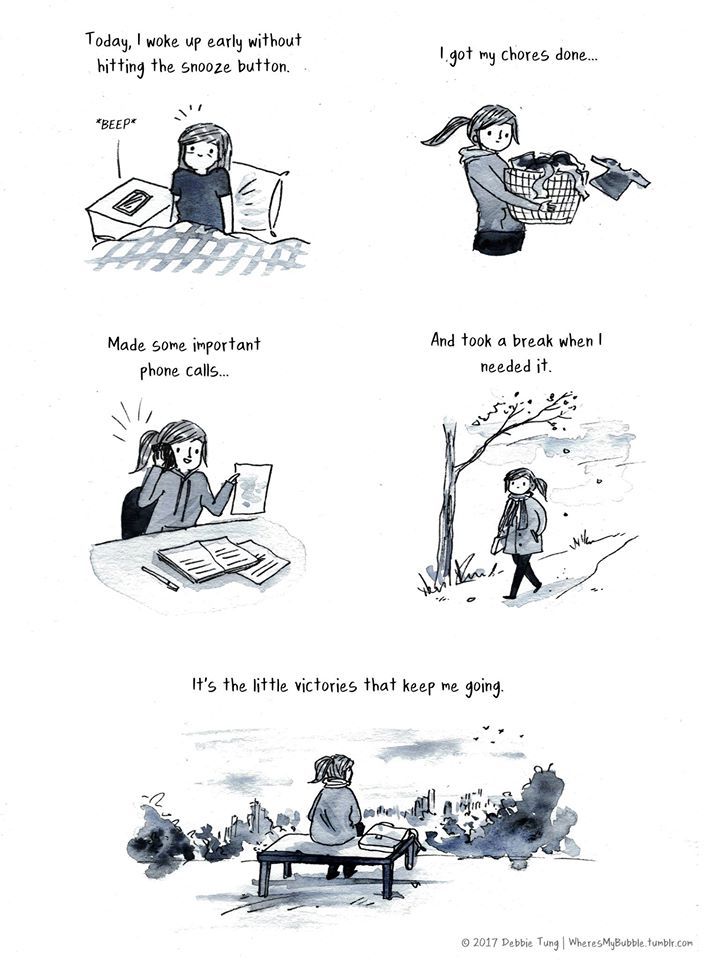 They enjoy spending time with just one or two people, rather than large groups or crowds.
They enjoy spending time with just one or two people, rather than large groups or crowds.
When you hear the word introvert, you might think of someone who's shy or quiet and prefers to be alone. While that may be true for some introverts, there's much more to this personality type. Whether you're an introvert or an extrovert all depends on how you process the world around you.
A psychologist named Carl Jung began using the terms introvert and extrovert (sometimes spelled extravert) in the 1920s. These two personality types sort people into how they get or spend their energy. Introverts, Jung said, turn to their own minds to recharge, while extroverts seek out other people for their energy needs.
Signs You Might Be an Introvert
Around one-third to one-half of all people in the U.S. are introverts. Though it looks different in everyone, introverts have many of the same patterns of behavior. In general, introverts:
- Need quiet to concentrate
- Are reflective
- Are self-aware
- Take time making decisions
- Feel comfortable being alone
- Don't like group work
- Prefer to write rather than talk
- Feel tired after being in a crowd
- Have few friendships, but are very close with these friends
- Daydream or use their imaginations to work out a problem
- Retreat into their own mind to rest
One way to find out if you're an introvert is to take a test, such as the Myers-Briggs Type Indicator (MBTI) or the SAPA project.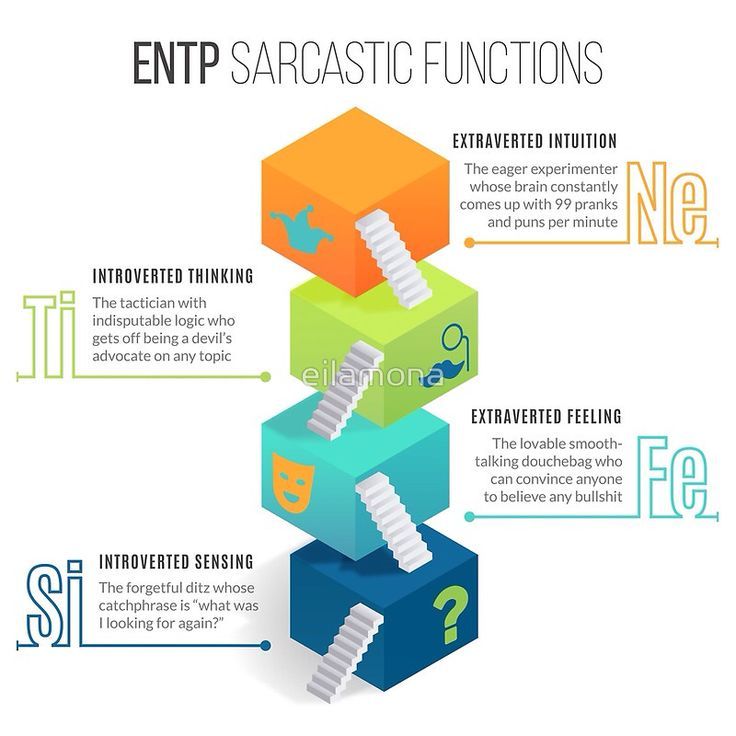
Causes of Introversion
Scientists don't know for sure if there's a cause for introversion or extroversion. What they do know is the brains of the two personality types work a little differently from each other. Researchers have found that introverts have a higher blood flow to their frontal lobe than extroverts do. This part of the brain helps you remember things, solve problems, and plan ahead.
Introvert brains also react differently to dopamine than extrovert brains do. That's a chemical that turns on the reward- and pleasure-seeking part of your brain. Introverts and extroverts have the same amount of the chemical, but extrovert brains get an excited buzz from their reward center. Introverts, on the other hand, tend to just feel run-down by it.
Types of Introverts
Being an introvert isn't an all-or-nothing stamp on your personality. Psychologists think of introverts as falling somewhere on a scale. Some people are more introverted than others. Other people fall right in the middle of the scale.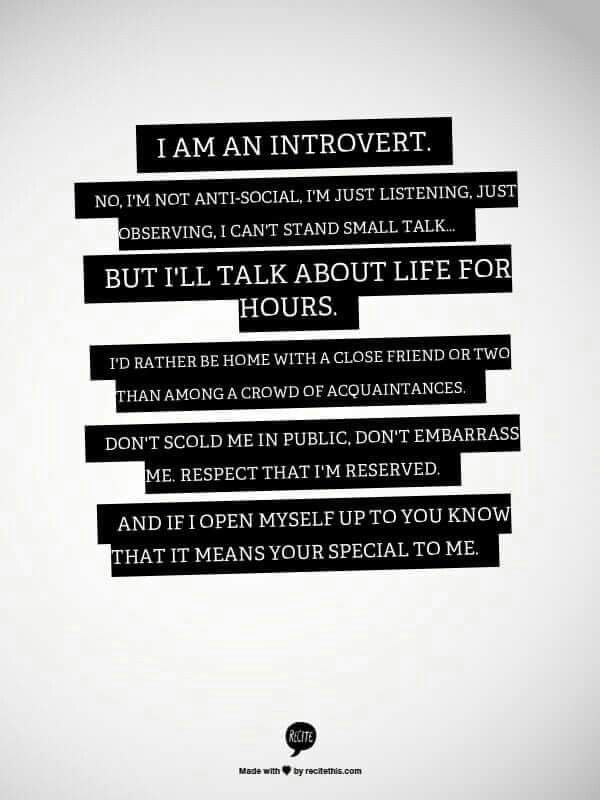 They're called ambiverts.
They're called ambiverts.
Introverts usually have a few extroverted traits mixed in with their introverted ones, and vice versa. There are a wide range of ways to be an introvert.
One study shows that introverts tend to fall into one of four subtypes:
Social introverts. This is the "classic" type of introvert. Social introverts like small groups and quiet settings over crowds.
Thinking introverts. People in this group are daydreamers. They spend a lot of time in their thoughts and tend to have creative imaginations.
Anxious introverts. They seek out alone time not just because they like it, but also because they often feel awkward or shy around people.
Restrained/inhibited introverts. These introverts think before they act. They aren't likely to make a decision on a whim. Typically they take longer to take action.
Your introverted ways may change over time, and in different settings, too. You're not likely to swing from introvert to extrovert. But it's possible you could become more or less introverted, depending on what's going on in your life.
You're not likely to swing from introvert to extrovert. But it's possible you could become more or less introverted, depending on what's going on in your life.
Introversion Versus Shyness
Many people think of introverts as shy, but the two aren’t linked. Introversion is a personality type, while shyness is an emotion.
People who are shy tend to feel awkward or uncomfortable when they’re in social situations, especially when they’re around strangers. They may feel so nervous, they become sweaty. Their heart may beat quicker, and they may get a stomachache. They may be inclined to skip social events because they don’t like the negative feelings that take over their thoughts and bodies when they have to go to parties or other activities.
People who are introverted also prefer to skip social events, but it’s because they feel more energized or comfortable doing things on their own or with one or two other people. Introverts don’t choose to skip social events because they have strong negative reactions to larger gatherings the way that shy people do; they just prefer being alone or in very small groups.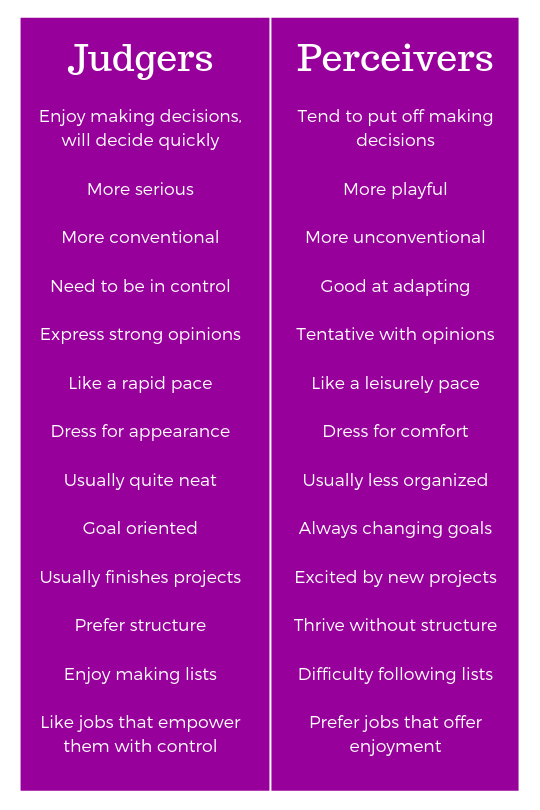
Myths About Introverts
One common myth about introverts is that they’re shy. Some introverts may be shy, but this is not the case for all introverts. Other myths include:
- Introverts are unfriendly. Being an introvert doesn’t affect how friendly you may be. Some people may think that introverts are unfriendly because they don’t tend to have large groups of friends, and they may reflect on situations quietly rather than joining in on conversations at gatherings.
- Introverts can’t be leaders. Although people may think of an extroverted personality when they imagine a leader, introverts have the skills to be bosses and leaders, too. Some of their qualities make them effective leaders: They listen to their employees’ ideas, they can stay focused on long-term goals, and they may seem less threatening, so people may accept them in their roles.
- It’s hard to get to know introverts. Introverts prefer to have deep friendships with only a handful of people.
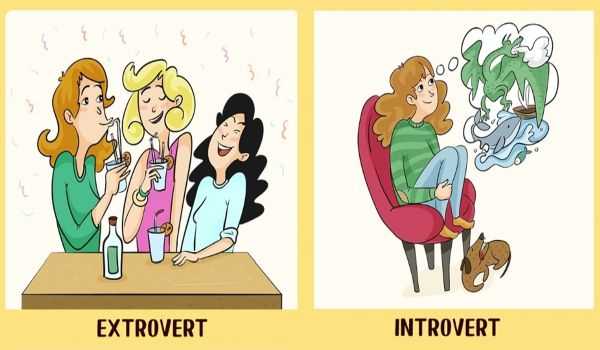 They may not open up to everyone who wants to small-talk, but the people they’re close with know them very well and develop real friendships with them.
They may not open up to everyone who wants to small-talk, but the people they’re close with know them very well and develop real friendships with them.
Why introverts can be great leaders
It's easy to miss a quiet person in a room. But, according to Susan Cain, they may actually have qualities that can make them great leaders.
Kane, a best-selling author and one of TED's most popular speakers, has been talking for ten years about how people often misunderstand introverts and the qualities they possess. In her 2012 Google Conversations lecture, she noted that introverts, often stereotyped as shy, quiet, and reserved, are generally seen as incapable of becoming leaders and inferior to their extroverted counterparts. nine0003
“The anti-introversion bias in our culture is so deep and deep, and we internalize it at such an early age,” said Kane, herself an introvert. She added that introverts are "usually left out" for leadership positions.
In a 2021 YouGov poll, 52% of Americans said they were more introverts than extroverts, and 12% described themselves as "completely introverted. " The actual definitions of introvert and extrovert differ from stereotypes: according to Cain, extroverts crave a highly stimulating environment, getting their energy from activities like meeting new people or going to parties. nine0003
" The actual definitions of introvert and extrovert differ from stereotypes: according to Cain, extroverts crave a highly stimulating environment, getting their energy from activities like meeting new people or going to parties. nine0003
By contrast, Cain said, introverts thrive in more relaxed and less stimulating environments, such as small gatherings with close friends, and this should not deprive them of leadership opportunities.
Here are three qualities of introverts that, according to Kane, can make them exceptional leaders:
Introverts can be more conservative with risks.
Taking risks is often considered vital to good leadership. But in reality, leaders shouldn't take risks just for the adrenaline rush, and a more conservative approach to decision making can help you identify smart risks to take, Kane said. nine0003
According to Kane, introverts typically don't ignore "warning signs" the way extroverts do when considering a risky decision, from seeking a promotion to investing in a risky asset.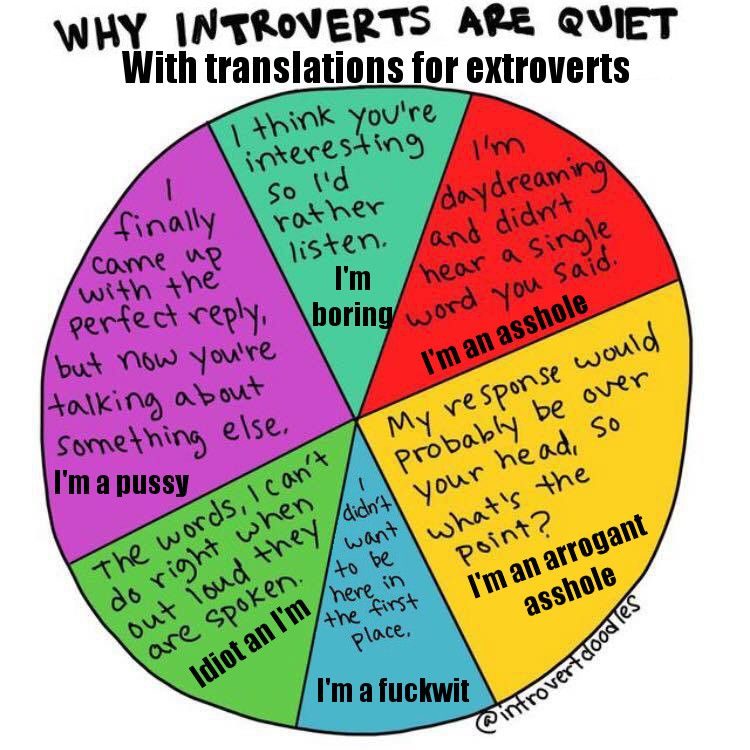 She also added that they are less likely to make rash decisions that could harm themselves or others.
She also added that they are less likely to make rash decisions that could harm themselves or others.
"That doesn't mean introverts don't take risks either, because they do," Kane said. "But they tend to be slower and more circumspect about it." nine0003
One of her favorite examples: Warren Buffett, a self-proclaimed introvert known for bailing out market bubbles that often suck other investors in, who claimed back in 1985 that his temperament was the key to his approach to investing.
"You need a stable personality," Buffett told the PBS program Adam Smith's World of Money that same year. “You need a temperament that doesn't take much pleasure in being with the crowd or against the crowd because that's not a business where you do polls. It's a business where you think." nine0003
Introverts can be more creative
Decades of research show that "highly creative people" in both the artistic and scientific fields are often introverted. Cain explains that most introverts are comfortable being alone or alone: "It's a key ingredient because being alone turns out to be a real catalyst for creativity.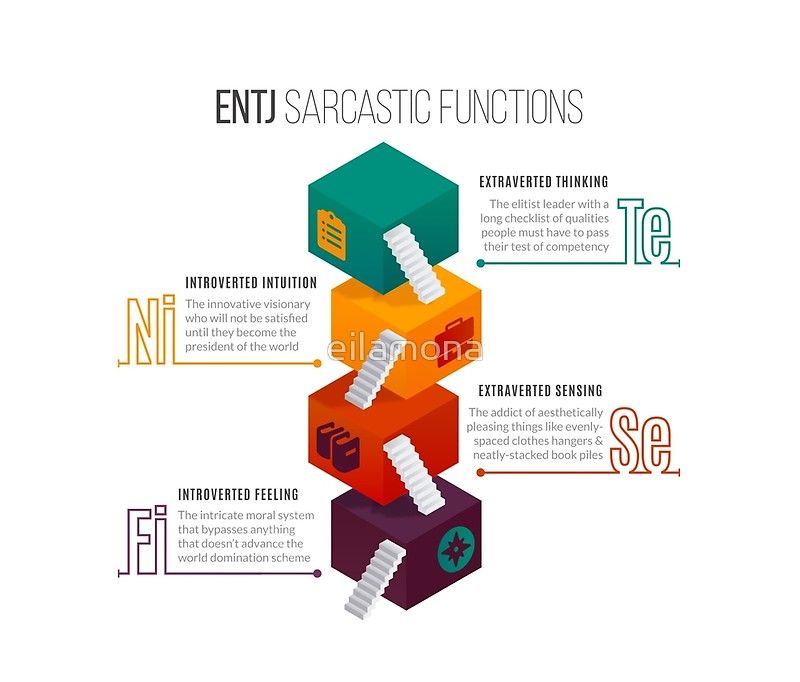 "
"
This isn't to say that extroverts aren't creative—rather, according to Kane, introverts are often more capable of using higher levels of creativity. According to Kane, it's human nature to mimic the opinions of others, and being alone can help you realize your own ideas by helping you access your creativity without distraction. nine0003
This can give introverts an advantage as leaders: high levels of creativity will help you come up with better ideas more often and come up with unique solutions to problems.
Introverts can solve problems better
According to Kane, these creative thinking skills are closely related to another common trait of introverts: the ability to solve problems effectively.
Introverts often process information more carefully than other people, and more careful study can help them come up with better decisions. “A behavioral style where you sit more, think more, become more reserved, process things more slowly,” Kane said. nine0003
See also
In an Iranian study published in January, researchers asked a group of student translators working on texts of more than 500 words to describe their thought processes aloud as they worked.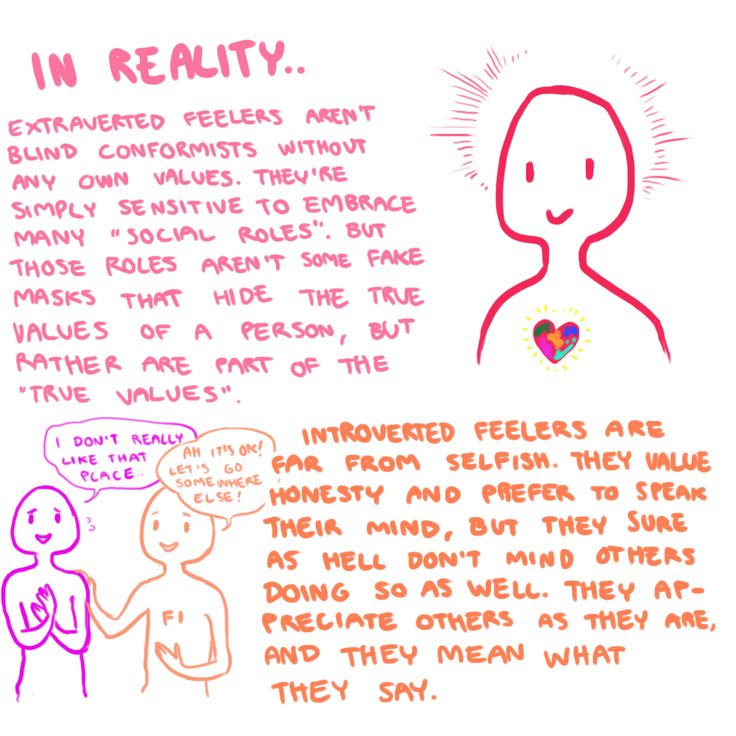
The purpose of the study was to identify differences in problem solving strategies between introverts and extroverts, and ultimately found that introvert students did better because they took longer to read the material carefully and weigh several options for the best translation . nine0003
"This two-tiered structure of how we view personality results in a colossal waste of talent, energy, and happiness," Kane said. "We need to use a much more yin and yang approach to balance between the two styles."
Sign up now: Get smarter about your money and career with our weekly newsletter.
Don't miss:
These Stanford experts say humor is the key to successful leadership: "We can do serious things without taking ourselves too seriously." nine0003
What kind of leader are you? The psychologist says it may depend on whether you are an older or younger sibling.
Read the book “Adult psychology. 11 simple rules of life ” fully online 📖 — Ekaterina Nigmatulina — MyBook.

Series "#SHUT: books for parents"
© Nigmatulina E., text
© Fedorova N., photo
© OOO AST Publishing House
* * *
Hello, my name is Ekaterina Nigmatulina I write books, teach English and French, have two children, cook onion soup and ratatouille for my husband (I'll teach you, by the way), and love to get up early. I am also a tyrant, I have a mild bipolar disorder, a heightened sense of justice, perfectionism in a neglected form and an affair with Lev Nikolaevich (until Sofya Andreevna sees, otherwise I am, by the way, afraid of her). In the evenings I am gloomy, in the morning I am cheerful, and on vacation I have a lot of freckles on my nose. nine0070
Every time I'm asked to introduce myself, I can't just say “I'm Ekaterina Nigmatulina, a teacher”, or “I'm a mother of two”, or “I'm from Russia”. All this is true and false at the same time, all this is too full and superficial, too far and close to understanding me, so I introduce myself like this: “Hello! My name is Ekaterina Nigmatulina, and yesterday I wanted to go on a diet, but I was attacked by tarte tatin, which my husband baked, having received as an assignment in Italian lessons to cook a pie according to a recipe translated from French into Italian.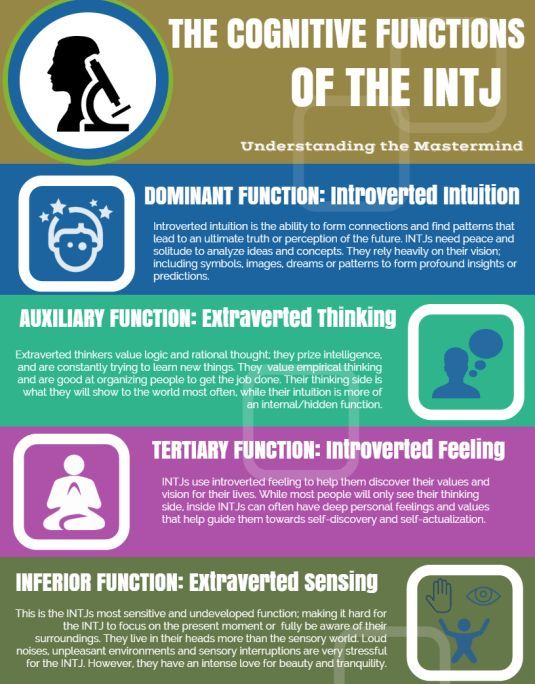 That makes it a little clearer, doesn't it? nine0003
That makes it a little clearer, doesn't it? nine0003
The simplest and most difficult thing in life is to understand who you are and describe yourself to yourself.
Each of us is an incredible and amazing mixture of our childhood, our love and dislike, our good and frightening qualities for ourselves and everyone around us, our profession, family, relationships with friends and with those who cannot stand us, the owners of our hearts, films that we watch many times, and books that we have read or, conversely, not read, our love or dislike for dogs, cats and oranges, our fears and joys. You can continue this list endlessly, just as, however, endlessly looking for yourself. nine0003
Therefore, in order to honestly and frankly tell you who Ekaterina Nigmatulina is, I will have to write a whole chapter. Although one chapter is unlikely to be enough for me, so I'm afraid you will have to read the whole book.
Perhaps, having met with me, it will be easier for you to meet with yourself.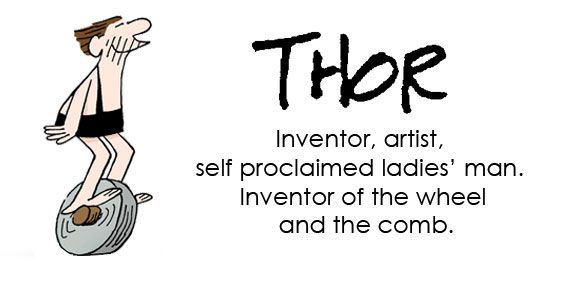 And this, you see, is one of the most amazing meetings that we will ever have in life.
And this, you see, is one of the most amazing meetings that we will ever have in life.
So, let's get acquainted.
Ready? Ask!
Nigmatulina, please introduce yourself! nine0003
MOTHER, DAUGHTER, TEACHER AND ONE HUNDRED AND FOUR MORE SOCIAL ROLES
There is an assumption made by some neo-Freudian scientists that a person has to fulfill so many social roles in the modern world that we are all a little (or a lot) neurotic. We have to adjust and change our social roles so often, even within a single day, that the neurotic is now the norm, not the exception. Neurotic people from everything and it is not clear from what it is bad. This distinguishes the neurotic from the psychopath, who is often well, but with whom it is bad for others. Neurotic people suffer from mood swings, self-doubt, fears, worries about and without, they do not trust everyone around. nine0003
Often our multiple roles also come into conflict with each other, which leads to role conflicts. Like it or not, you get confused. So let's define them first. What are social roles?
Like it or not, you get confused. So let's define them first. What are social roles?
For the first time, social roles in this vein were described by the American sociologist Talcott Parsons. This concept is very broad and refers to different aspects of our lives.
There are those roles that are given to us from birth and are determined by the biological characteristics of a person:
- gender roles: male / female,
- age roles: child / teenager / young adult / adult / middle-aged person / elderly person.
Although, as we know, even here everything is far from being as obvious as it seems at first glance. Both gender and age are very often subjected to subjective reassessment at the level of each of us and undergo many changes, sometimes related to objective reality, and sometimes existing only in our minds and imagination. nine0003
There are socio-demographic roles of a person:
- husband / wife,
- parent / child,
- brother / sister,
- acquaintance / friend / opponent,
- neighbor / colleague / classmate.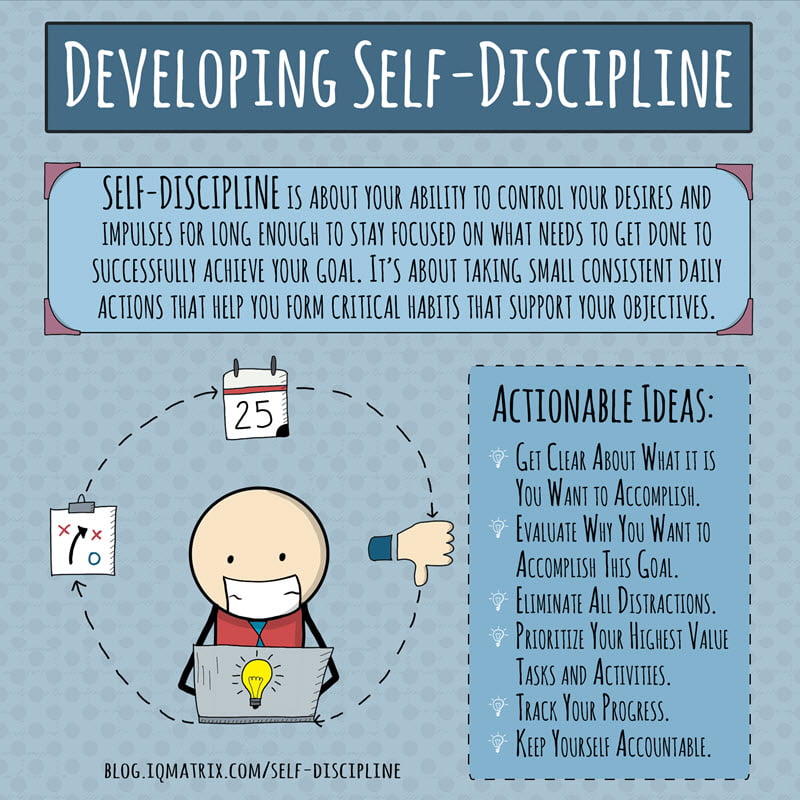
There are also those that are regulated not by our biological characteristics, but by the emotional and psychological predisposition of a person, his temperament, character or his conscious choice:
- leader / follower,
- offended / offender,
- idol / fan and so on ad infinitum.
All these roles are either assigned to us, or consciously or subconsciously chosen by us for some reason. Some roles affect all aspects of our lives (like, say, the roles of spouses), while some others arise and are performed according to strict rules and in certain situations.
If you sit down and count everything, you get a pretty impressive list.
It seems to me that it would be good for each of us to define all our social roles and realize, first of all, that we fulfill them, and only then, what significance they have in our life. The more accurately and fully you describe yourself through the prism of social roles, the easier it will be to deal with them and help yourself navigate them.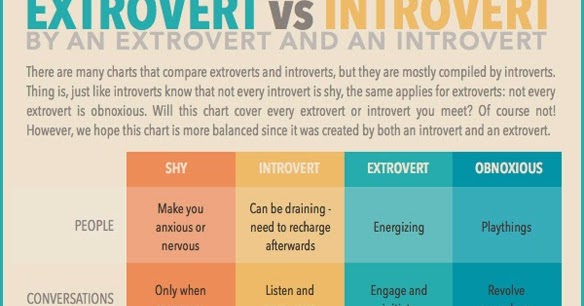 nine0003
nine0003
Here, for example, are the social roles that I found in myself. I:
- woman,
- daughter,
- mother,
- sister,
- wife,
- aunt,
- teacher,
-
- writer,
- friend,
- adult book club organizer,
- children's book club organizer,
- children's university organizer,
- blogger,
- leader,
- tyrant.
How all this coexists in me, I sometimes have a bad idea. It happens that all these sides of me are friends and love each other, but it happens that they start terribly quarreling and scandalous and cannot be in the same room with each other. Most often, they are in complete harmony only when I sleep peacefully at night, and in the morning they all begin to wake up and crush each other's legs, arms and other parts of the body and brain. Every time I have to calm them down and put them in their places. nine0003
ABOUT INSIDE, OUT, OR WHERE SHOULD I GET THIS ENERGY
From the diaries.
From the life of a sociophobe
- Well, how's the activity? Husband asks when I get into his car late at night after the first lesson of the autobiography course.
It's cold, like it's not March at all. All day I steadfastly walked in a coat the color of a dusty rose, and in the evening I gave up and again took out a winter down jacket.
“Okay,” I say. - The worst thing is coffee breaks. nine0070
Husband smiling. Although he is not a sociophobe, he is an introvert. I am both an introvert and a sociophobe.
Many of my friends (First marginal note: Social phobes are people too. They also want and love to be friends.) are surprised that I am a social phobe. "How do you work as a teacher?" is their first question.
This one is really simple. Firstly, it is important for sociophobes to fully control the situation, then they feel good and confident. It's so much easier for them. (Sidenote two: Control freaks of all countries, unite!) And secondly, in a foreign language I am not me and my horse is not mine: I am light, talkative, airy and even sparklingly tell indecent jokes, which in Russian is akin to me Marie Antoinette's road to the Place Greve.
(Marginal note three: If you want to recognize a social phobe, ask him to tell a joke.)
Husband smiling.
Yes, yes, on a coffee break, you must voluntarily make unregulated contact with strangers. Nightmare of nightmares for me, somewhat reminiscent of films about Freddy Krueger! I do not know how to enter into this contact, or even sluggishly respond to the initiative of another person. To the question "What magical item would you like to receive as a gift?" I always answer without hesitation: “Invisibility cap! Two, if possible! (Marginal note four: The social phobe's best friend is a book, a meter by meter newspaper so that you can't be seen behind it, or a telephone. Hello, English friends! We remember you.)
My Husband used to always wonder why I don't pick up the phone when I get calls from unknown numbers. He still does not fully understand, but he no longer asks questions. Yes, yes, and I send all couriers to him. And if (my biggest phobia) Elizabeth II suddenly calls me, well, or Cumberbatch is there, let them first send me their WhatsApp number: “Hello, Catherine! You're worried about Benedict Timothy Carlton Cumberbatch.
May I ask when is it convenient for you to talk?” (Sidenote 5: Social phobes, although people, are not very normal.)
We get home, and for some reason my Husband asks me what I read about Chekhov, and the next day he gives me his biography of almost a thousand pages. Phew, there's cover for next week.
The division of people into introverts and extroverts is not new. It was invented back in 1921 by the bearded and stern introvert Jung, the founder of depth psychology. Carl Jung defined introversion as the direction of internal energy, libido, inward, and extraversion as the direction of internal energy to the outside world. An extrovert is aimed at wasting one's own energy, moving it towards surrounding objects, an introvert is aimed at accumulating, moving energy into the inner world. nine0003
Sylvia Löcken, in her book The Power of Introverts: How to Use Your Weirdness for Business, quotes Marty Olsen Laney, who suggested that it was Freud, the typical extrovert, who, after his quarrel with Jung, assessed extraversion as the norm, but introverts were attributed to him to deviation of behavior, to typical narcissists.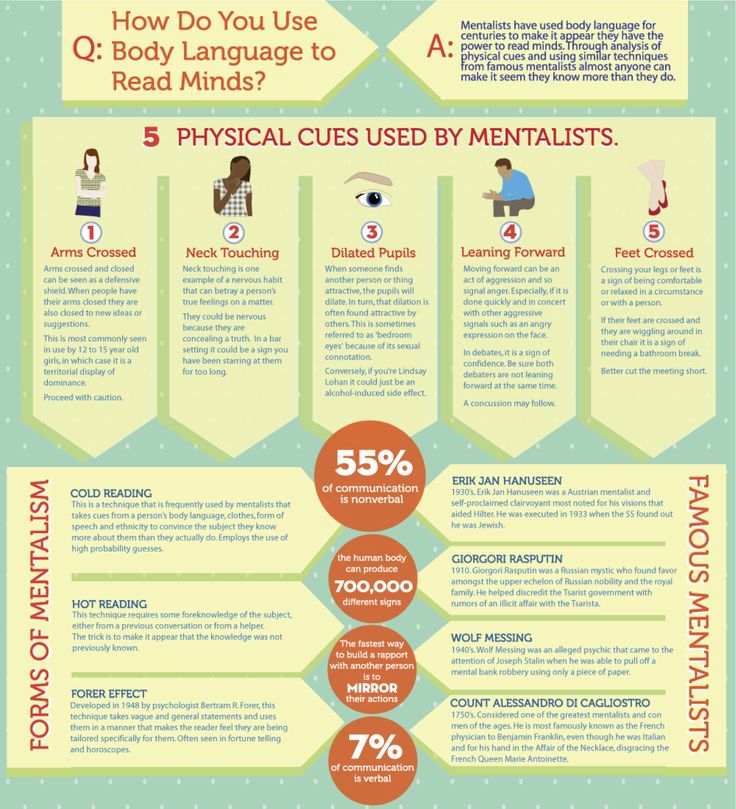 We owe part of the negative image of introverts to our grandfather Freud.
We owe part of the negative image of introverts to our grandfather Freud.
This term was later developed by the British scientist Hans Jurgen Eysenck. The typical Eysenck extrovert is sociable, optimistic, impulsive, has a wide circle of acquaintances and little control over emotions and feelings. The typical introvert is calm, shy, distant from everyone but close people, plans his actions in advance, loves order in everything and keeps his feelings under strict control. nine0003
In addition to introverts and extroverts, in his lecture at the International Congress on Education in 1923, Jung identified a third type of behavior: same from within. This group is the most numerous and includes the less differentiated normal person, who is considered normal either because he does not allow himself any kind of excesses, or because he does not need them. A normal person, by definition, is influenced both from the outside and from the inside. It constitutes a vast middle group, on one side of which are placed those whose motivations are determined mainly by an external object, and on the other those whose motivations are formed from within.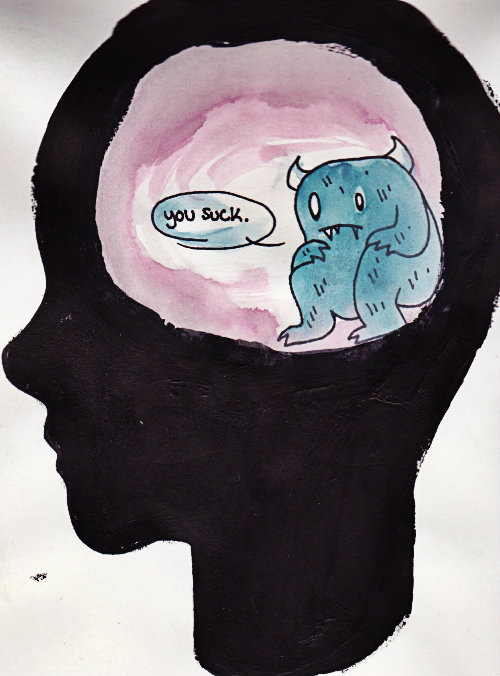 The first group I call extraverted, and the second - introverted. nine0003
The first group I call extraverted, and the second - introverted. nine0003
C. G. Jung, International Congress on Education, Switzerland, 1923
Jung wrote that there are no pure introverts and extroverts, it is a very wide spectrum, and its pronounced extremes are rare. A more precise term was needed to describe non-extreme states.
The concept of ambivert was introduced by Edmund Conklin, an American scientist who considered ambiversion to be the norm. In his opinion, psychoanalysis did not single out this category as a separate category precisely because it worked mainly with pathologies, the extremes of the introversion-extroversion spectrum. However, as psychologists now say, most of us are just ambiverts. Usually people tend to be more flexible within the introversion-extroversion spectrum and to make decisions appropriately. They tend to behave differently in similar situations, depending on certain factors. Activity is replaced by passivity, sociability by isolation. They can work alone or in a team depending on personal preference. nine0003
They can work alone or in a team depending on personal preference. nine0003
I remember in one of the BBC podcasts that we listened to with my students, introversion was described as a situation where a person receives energy and recharges within himself, and an extrovert, on the contrary, through communication with others. The same idea is confirmed in her book by Sylvia Leuken. I remember it precisely because it was exactly about me. Have you noticed how we always remember what describes us well. This applies to books, films, and plays in the theater. In any scientific research or work of art, we are looking for ourselves and, if we find ourselves, we enthusiastically exclaim: “Brilliant!” nine0003
It was then that for the first time I confidently answered myself the question of who I am, an introvert or an extrovert. I am always recharged within myself. I feel good and calm alone. I get sick and irritated when for a long period of time I do not have a chance to be alone with myself.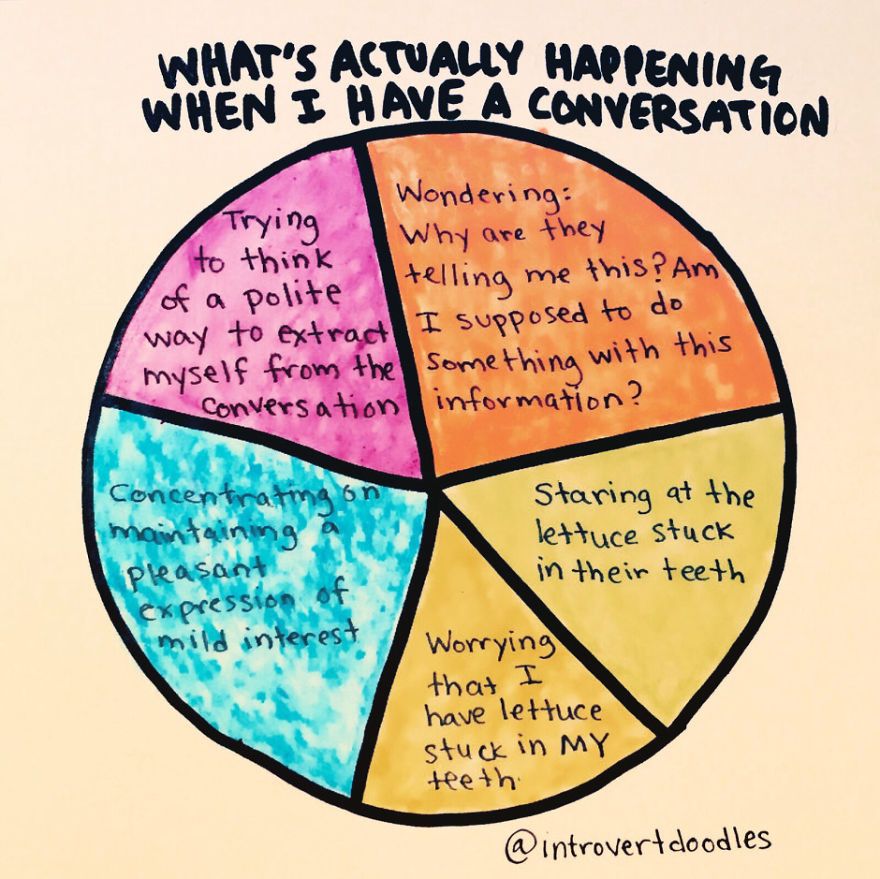 I love communication, but when communicating with other people, I spend energy, and when I get the opportunity to be alone, on the contrary, I save it, collect it in boxes of all shades of blue and carefully put it on wooden shelves in numerous racks. Sylvia Löcken compares introverts to "batteries" that recharge themselves, and extroverts to "windmills" who need the wind, that is, communication and other people, to act. nine0003
I love communication, but when communicating with other people, I spend energy, and when I get the opportunity to be alone, on the contrary, I save it, collect it in boxes of all shades of blue and carefully put it on wooden shelves in numerous racks. Sylvia Löcken compares introverts to "batteries" that recharge themselves, and extroverts to "windmills" who need the wind, that is, communication and other people, to act. nine0003
Not always introverts and extroverts can be identified by eye. So, when I hang out with friends, I use my energy to the fullest and sometimes I look like an extrovert.
My friend Marina once told me that she is an extrovert who looks like an introvert, while her husband, on the contrary, is an introvert who looks like an extrovert. This also happens, and quite often.
My Husband, for example, does not feel any discomfort or embarrassment when dealing with complete strangers, although he is more prone to introversion. And I, on the contrary, feel uncomfortable when communicating with new people. My usual reaction is to fall into a complete stupor and shut up. Now, having tracked such a feature, I am learning to control it and change it the way I want, but this is not always easy and easy for me. nine0003
My usual reaction is to fall into a complete stupor and shut up. Now, having tracked such a feature, I am learning to control it and change it the way I want, but this is not always easy and easy for me. nine0003
Another difference between introverts and extroverts is their response to external stimuli. So, extroverts are very fond of a large number of external stimuli, they love when there is a lot going on around, when there is some kind of activity, they love parties, hangouts, new people. Extroverts are uncomfortable when this is not enough in life, and they are attacked by Central Russian melancholy or English spleen.
Introverts, on the contrary, with a lot of stimuli, get very tired, lost and feel out of place. They dislike teamwork and prefer quiet activities such as reading and walking to relax. Their need is expressed in a completely different way - in peace and tranquility. Corporate parties and parties make them sad and incredibly tired, after which it takes a long time to reboot.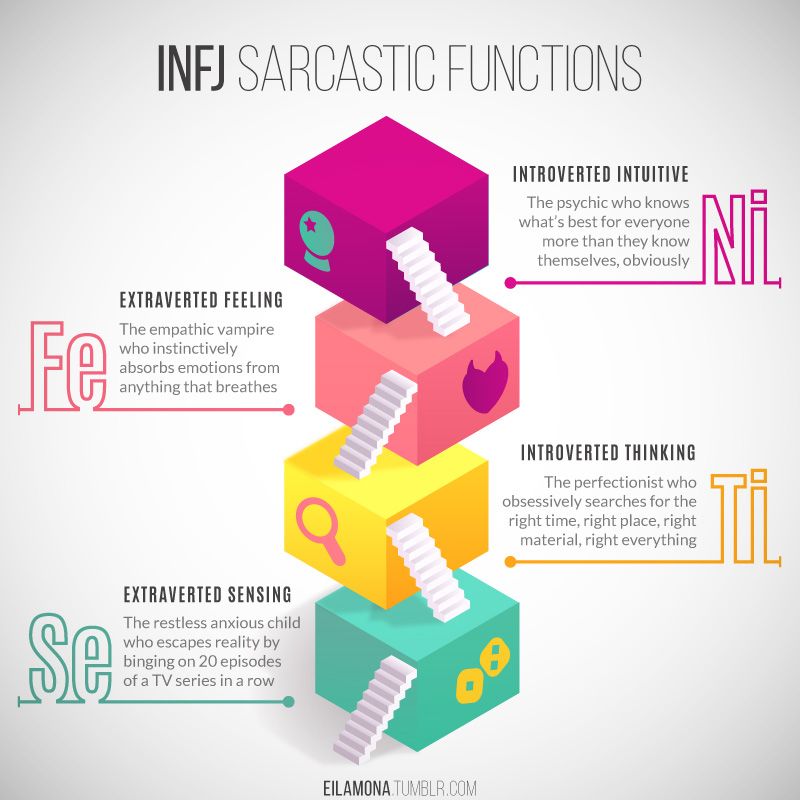 nine0003
nine0003
Generally, introverts do not like working in open space (open-plan offices), do not like to go to concerts or festivals with a lot of people, and prefer to relax in quiet places rather than in popular resorts.
Since the range of introversion - extraversion is quite wide, it is difficult to calculate what percentage of people are extroverts and introverts. In her TED presentation, Susan Cain, a former corporate lawyer and negotiation consultant and self-proclaimed introvert, estimates the number of introverts to be between 30% and 50%. She emphasizes that introversion should not be confused with modesty, which she defines as fear of social stigma. Introversion is a person's way of communicating with the outside world, responding to stimuli. nine0003
The problem with introverts, as Susan Cain notes, is not at all with introverts, but with our public institutions, which are all, from school to university, adapted with a lot of external stimuli to extroverts. Even solving mathematical problems or writing essays on literature is more and more offered to children in a team. And although one should not underestimate or deny the importance of such work, it still looks strange when an essay needs to be written by everyone together. This thought especially resonated with me, because teamwork associated with writing or any kind of creativity always causes a primal fear in me. Whenever I was in any class, I could not imagine a more ridiculous task than "write something together." nine0003
And although one should not underestimate or deny the importance of such work, it still looks strange when an essay needs to be written by everyone together. This thought especially resonated with me, because teamwork associated with writing or any kind of creativity always causes a primal fear in me. Whenever I was in any class, I could not imagine a more ridiculous task than "write something together." nine0003
It should be noted that introverts will not necessarily sit in their apartments without leaving the house, except to walk their two poodles, as the great philosopher and eccentric Schopenhauer did. Very often, introverts become good and confident leaders, such as, for example, German Chancellor Angela Merkel or Indian leader Mahatma Gandhi. Typically, these people have increased empathy and are able to listen to others and thus lead more effectively.
Not only Freud was to blame for the underestimation of introverts in our world. There are many other sociohistorical explanations for this. One of them is that the majority of the world's population now lives in megacities, where every day a person has to communicate with a large number of strangers. On the one hand, extraversion becomes an evolutionarily desirable quality necessary for survival. On the other hand, a person finds himself in a situation where, with the availability of modern technologies, he can not leave his house at all: food will be delivered to you, a doctor will come and take all the tests at home, you can study at online universities. In Japan, there is even a special group of people - hikikomori, which literally translates from Japanese as "being in solitude." These are adults who do not leave home for several months to decades, do not work or study, live dependent on relatives and friends. Usually these are people suffering from either obsessive-compulsive syndrome or having autism spectrum diseases, but not always, sometimes this is a conscious choice of a person. nine0003
One of them is that the majority of the world's population now lives in megacities, where every day a person has to communicate with a large number of strangers. On the one hand, extraversion becomes an evolutionarily desirable quality necessary for survival. On the other hand, a person finds himself in a situation where, with the availability of modern technologies, he can not leave his house at all: food will be delivered to you, a doctor will come and take all the tests at home, you can study at online universities. In Japan, there is even a special group of people - hikikomori, which literally translates from Japanese as "being in solitude." These are adults who do not leave home for several months to decades, do not work or study, live dependent on relatives and friends. Usually these are people suffering from either obsessive-compulsive syndrome or having autism spectrum diseases, but not always, sometimes this is a conscious choice of a person. nine0003
EXTRAVERT AND INTROVERSION, OR WHO AM I REALLY?
Try to think about your behavior pattern and define yourself as more introverted or extraverted.










